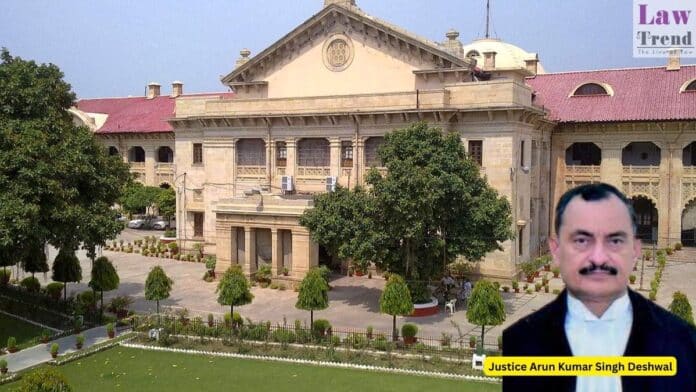The Allahabad High Court has referred a significant legal question regarding the maintainability of applications for quashing FIRs under Section 528 of the Bharatiya Nagarik Suraksha Sanhita, 2023 (BNSS) to a larger bench of nine judges. Justice Arun Kumar Singh Deshwal passed the order while hearing an application filed by Shashank Gupta and others, who
To Read More Please Subscribe to VIP Membership for Unlimited Access to All the Articles, Download Available Copies of Judgments/Order, Acess to Central/State Bare Acts, Advertisement Free Content, Access to More than 4000 Legal Drafts( Readymade Editable Formats of Suits, Petitions, Writs, Legal Notices, Divorce Petitions, 138 Notices, Bail Applications etc.) in Hindi and English.




